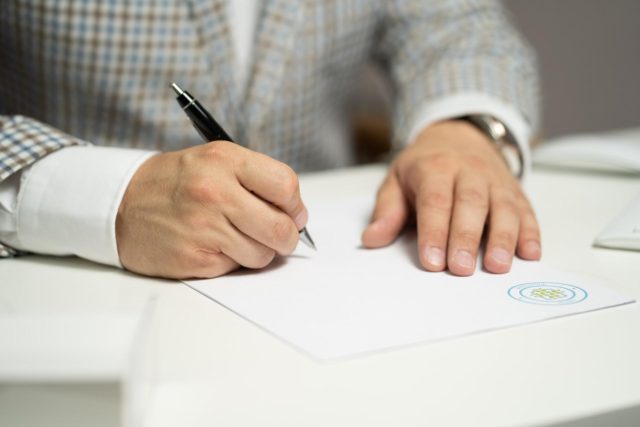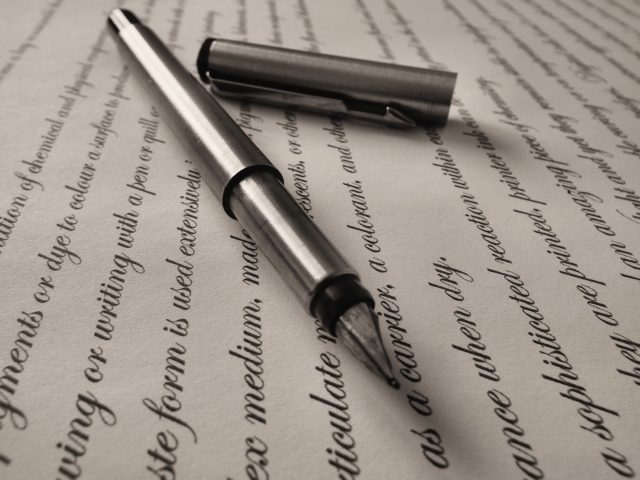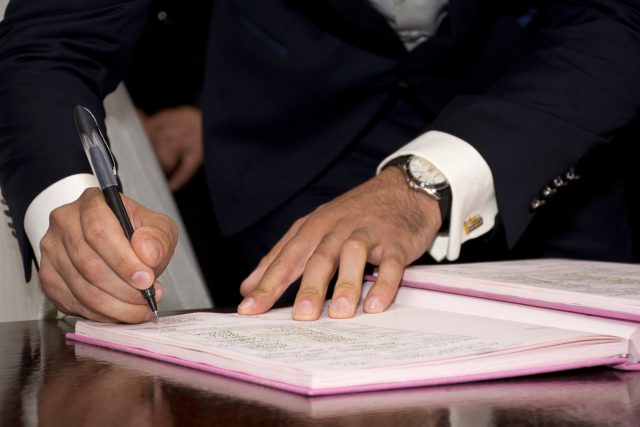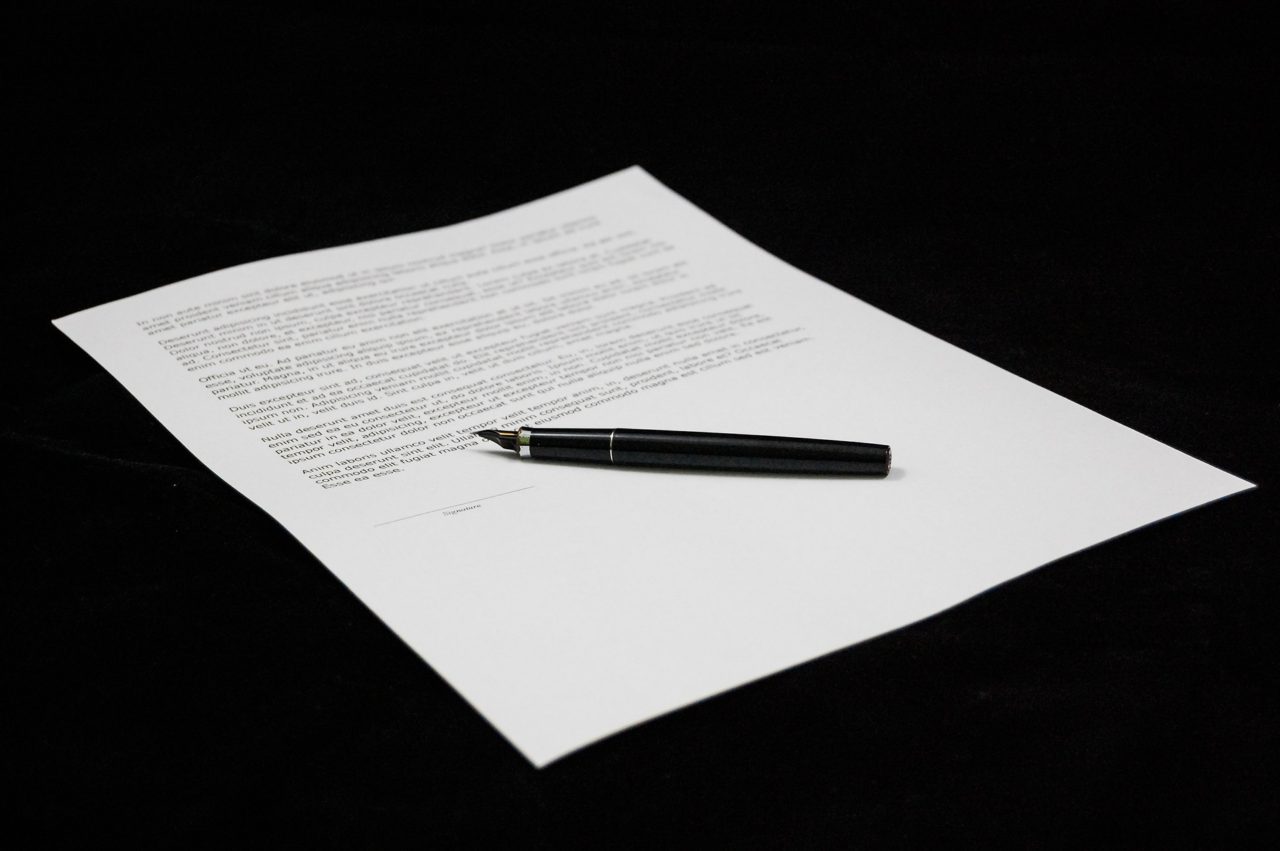
Who Can Witness a Statutory Declaration in NSW?
In New South Wales, a statutory declaration is a written statement that a person signs to confirm something is true. Who can witness a statutory declaration in this State? For the declaration to be legally binding, it must be witnessed by an authorised witness.
This short article will answer the question of who can witness a statutory declaration in NSW.
Who Is An Authorised Witness for Statutory Declarations?
 There are several categories of persons who are authorised under the Oaths Act 1900 to witness the signing of a statutory declaration in New South Wales, made under State law. (If a statutory declaration is required under Commonwealth law, the requirements differ, and there are a greater number of possible authorised witnesses).
There are several categories of persons who are authorised under the Oaths Act 1900 to witness the signing of a statutory declaration in New South Wales, made under State law. (If a statutory declaration is required under Commonwealth law, the requirements differ, and there are a greater number of possible authorised witnesses).
There are certain types of professionals who can act as witnesses for statutory declarations. Statutory declarations made under NSW law must generally be witnessed by one of the following types of authorised witness:
- Registrar-General
- a Deputy Registrar-General
- Justice of the Peace
- Notary Public
- Commissioner of the court for taking affidavits
- Australian Legal Practitioner – which includes both Solicitors and Barristers
- a Federal Judicial Officer
In practise, almost all statutory declarations made in New South Wales are witnessed either by a Justice of the Peace or a Solicitor, with Justices of the Peace being the most common type of witness. Justices of the Peace always provide a voluntary service in this regard.
Concluding Remarks
 A statutory declaration is a written statement that a person signs to confirm something is true. In order for the declaration to be legally binding, it must be witnessed by an authorised witness.
A statutory declaration is a written statement that a person signs to confirm something is true. In order for the declaration to be legally binding, it must be witnessed by an authorised witness.
If you need an authorised witness to witness your statutory declaration, you should generally seek out a Justice of the Peace, or a Solicitor, to witness your statutory declaration, as they are the most common of the types of witnesses who are authorised to witness statutory declarations.


